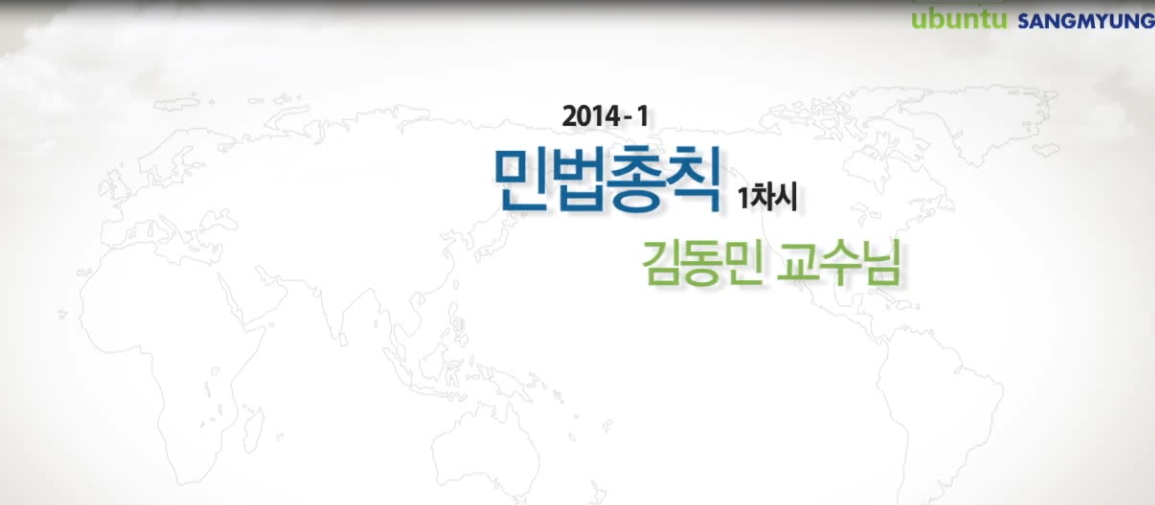Since June 2015, Korean financial authorities have tried to introduce an internet only bank in Korea. They expect that an internet only bank will facilitate the innovation of financial services through the combination of a finance and an IT and that i...
http://chineseinput.net/에서 pinyin(병음)방식으로 중국어를 변환할 수 있습니다.
변환된 중국어를 복사하여 사용하시면 됩니다.
- 中文 을 입력하시려면 zhongwen을 입력하시고 space를누르시면됩니다.
- 北京 을 입력하시려면 beijing을 입력하시고 space를 누르시면 됩니다.

인터넷전문은행의 도입에 즈음한 은산분리 정책의 재검토: 은행법상 소유규제 위반시 사법적 효력 = Reconsideration of the Banking and Commerce Policy with the Advent of Internet Only Banks: The Private Effect of the Violation of Ownership Regulations under the Commercial Banking Act of Korea
한글로보기https://www.riss.kr/link?id=A101748073
- 저자
- 발행기관
- 학술지명
- 권호사항
-
발행연도
2015
-
작성언어
-
- 주제어
-
KDC
300
-
등재정보
KCI등재
-
자료형태
학술저널
-
수록면
37-68(32쪽)
- DOI식별코드
- 제공처
-
0
상세조회 -
0
다운로드
부가정보
다국어 초록 (Multilingual Abstract)
Since June 2015, Korean financial authorities have tried to introduce an internet only bank in Korea. They expect that an internet only bank will facilitate the innovation of financial services through the combination of a finance and an IT and that it will enhance the level and quality of overall financial services remarkably. It is true that the introduction of an internet only bank will improve the accessibility of financial consumers to financial services by way of the best IT infrastructure in the world. In addition, the total welfare of financial consumers will be increased substantially due to lower interest and commission rates offered by internet only banks when comparing with those rates offered by traditional off-line banks. Thus, the introduction of an internet only bank will enhance the competitiveness of the Korean banking industry and provide an incentive to discover a new growth power with traditional banks which have been satisfied with a conservative banking business. Many people insist that the separation of a banking and commerce policy should be modified with the advent of a internet only bank. At present, a chaebol is not allowed to own more than 4% of total outstanding voting stocks of one bank under the Commercial Banking Act of Korea (hereinafter Act). Thus, an ICT corporation which is creative and innovative but can be regarded as a chaebol, will not be able to own an internet only bank. Of course, this ICT corporation may hold up to 10% of stocks subject to a condition that it never exercise its voting right in excess of 4%. However, this situation can not be a case because no one is interested in holding such a big amounts of stocks without any voting power. For this reason, some people argue that only existing financial institutions can participate in this kind of a new internet based business, whereas potential candidates with technology and innovation can not join in the internet only banking business, under the strict banking and commerce policy. In that case, the purpose of a internet only bank, that is the combination of a financial service and a new technology, can not be achieved easily and efficiently. The author absolutely agrees to the necessity of introducing a new competitive environment to the Korean banking industry. However, the author strongly believes that either the deregulation or the abolishment of the banking and commerce policy is a separate issue quite different from the introduction of an internet only bank. This belief is the starting point of this paper. Since 1950, the separation of a banking and a commerce has been the basic philosophy and fundamental policy of the Act in Korea. Thus, even though the internet only banking system is newly introduced, it must harmonize with this deep-seated banking and commerce policy. That is, the introduction of a internet only bank is not logically connected with the deregulation or the abolishment of the policy. Part Ⅱ briefly overviews the current ownership system under the Act. Part Ⅲ analyzes the separation of a banking and commerce policy in the U.S. which has been the strong model of the Korean banking system. Some one may be surprised to find that the U.S. policy has never been changed even though the U.S. authorities have approved many internet only banks since the end of 1990s. This part also studies the Basel Core Principles for Effective Banking Supervision (hereinafter Core Principles) which provide the wise coping method for financial authorities who are encountered with the violation of ownership regulations. In particular, the Core Principles declares that the private effect of the violation is void and reversed. Part Ⅳ suggests the private effect of the violation of this banking and commerce policy in Korea based on the U.S. and Basel experiences. Part Ⅴ is the conclusion part of this paper.
동일학술지(권/호) 다른 논문
-
- 한국금융법학회
- 정희수 ( Hee Soo Jung )
- 2015
- KCI등재
-
- 한국금융법학회
- 제정석 ( Jeong Seok Je )
- 2015
- KCI등재
-
- 한국금융법학회
- 도제문 ( Jae Moon Do )
- 2015
- KCI등재
-
- 한국금융법학회
- 서문식 ( Mun Sik Seo )
- 2015
- KCI등재





 KISS
KISS






